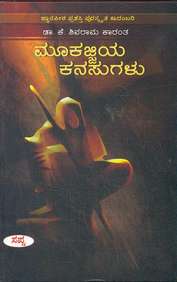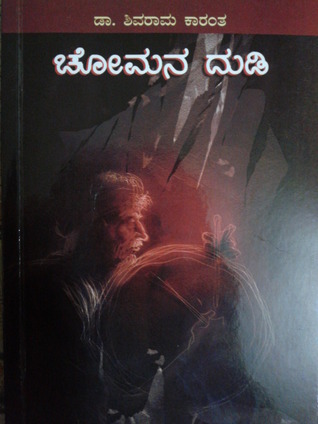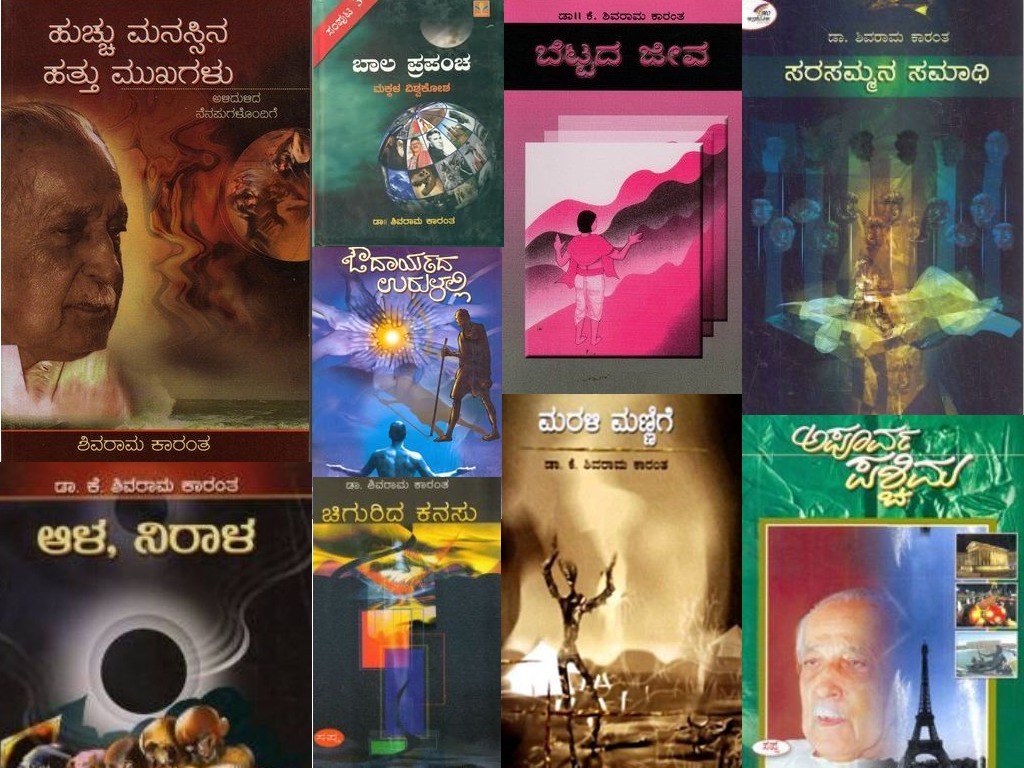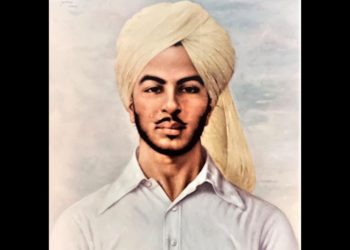 Kota Shivram Karanth / Image courtesy: Wikipedia
Kota Shivram Karanth / Image courtesy: Wikipedia
Kota Shivaram Karanth was born today on 10 October in the year 1902 in Kota, near the Udupi district of Karnataka. He was a writer, thinker, and a Yakshagana artist. Karanth could sing, dance, and play various musical instruments.
Karanth was born in the Dakshina Kannada region and was inspired by the region’s natural beauty and culture. The characters of his novels and stories represent the lives and beliefs of the people of the Dakshina Kannada region. He believed that it is very important for a writer to know the life of the characters he or she is writing about.
When Karanth started writing, his ideas and style was very new to Kannada literature. Experiences of people occupied a major space in his novels. He said, “Baluveye belaku” (Life is light). His new style and ideas were welcomed by Kannada literature because they were deep rooted and well thought out. As a researcher of language and various aspects of language, Karanth stressed the importance of keeping the language in which one writes very simple.
Mookajjiya Kanasugalu / Image courtesy: amazon.in
Mookajjiya Kanasugalu (Grandmother's Dreams) is one of his celebrated novels. This novel won the Jnanpith Award, in the category of the best novel in 1977. In the video above, Shivram Karanth says, “Mookajjiya Kanasugalu can be seen both as fiction and as non-fiction. It is very important to see how people all across the world think about sexual problems. It is especially important to see the ways in which it is seen in the Hindu religion. Mookajji, who was widowed at the age of ten, is a character that should raise a lot of questions.”
Mookajjiya Kanasugalu is an interaction between Mookajji and her grandson Subbaraya. Subbaraya goes on asking questions and Mookajji answers all of them. They talk about god, religion, tradition, and much more. The style in which this book is written also makes it unique. There is continuity in the conversation between the two protagonists and also an element of suspense.
Chomana Dudi / Image courtesy: shwetha-hoolimath.blogspot.in
His novel Chomana Dudi is a story of Choma, an untouchable in the village. The book depicts the nuances of caste-based discrimination in Karnataka. Karanth, through the character of Choma and his family, explains the close nexus among caste, poverty, religion and gender.
Choma desires to be a farmer. His caste prevents him from farming. He works hard for a brahmin landlord and owns two healthy oxen. He approaches the landlord and asks for a piece of land. The landlord humiliates Choma by calling him an untouchable. Along with this humiliation caused due to his caste, Choma is also trapped by poverty. He has five children and is unable to pay back the twenty rupees that he had borrowed from the owner of the estate. He sends two of his sons away to the estate to work and clear his debts.
Karanth here presents the relationship between caste and class. Who owns the land? Who can own land? And importantly, Chomana Dudi shows that the ownership of land is a symbol of power. The caste system has reserved the privilege of ownership of property to the upper castes. This means the upper castes are politically, economically, and socially powerful. The lower castes that were prohibited from owning any property worked for these landlords and hence lacked any social, economic and political power.
Kota Shivram Karanth was extremely passionate about schooling, and also considered schooling to be playing a very important role in shaping a child's life. He believed it was important for children to learn by playing in nature. He experimented with the schooling practices. He showed films to attract children and also encouraged them to read stories.
Karanth's work is not time bound. The characters and the stories of his works were influenced by the social and political conditions during his time. Novels like Chomana Dudi and Mookajjiya Kanasugalu talk about the issues of caste and superstitions that various social movements are fighting even today.







